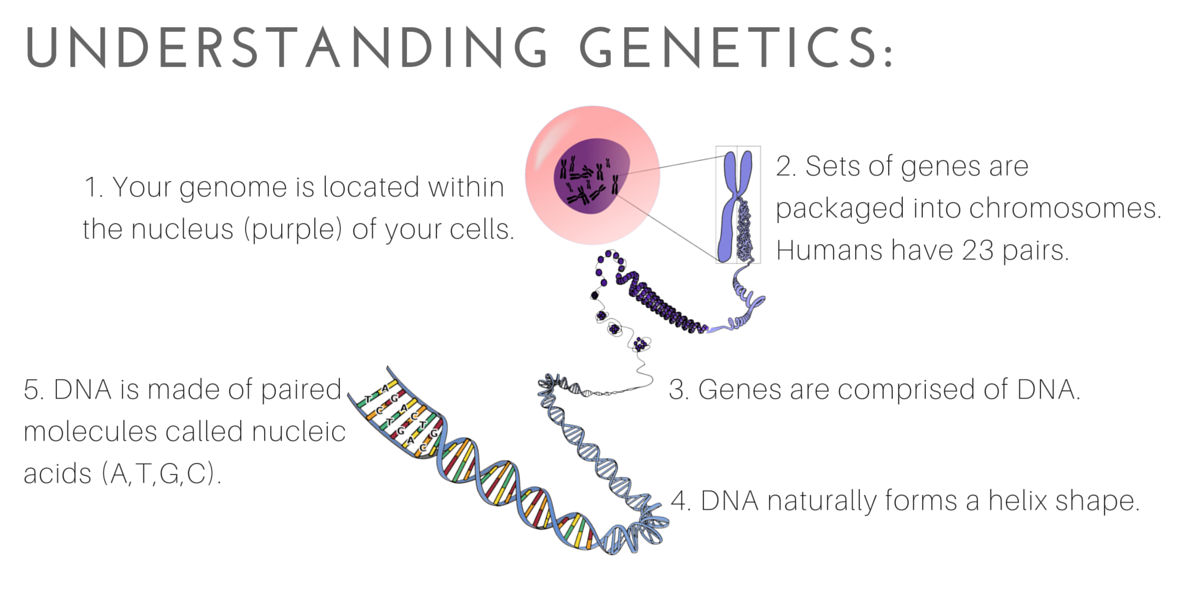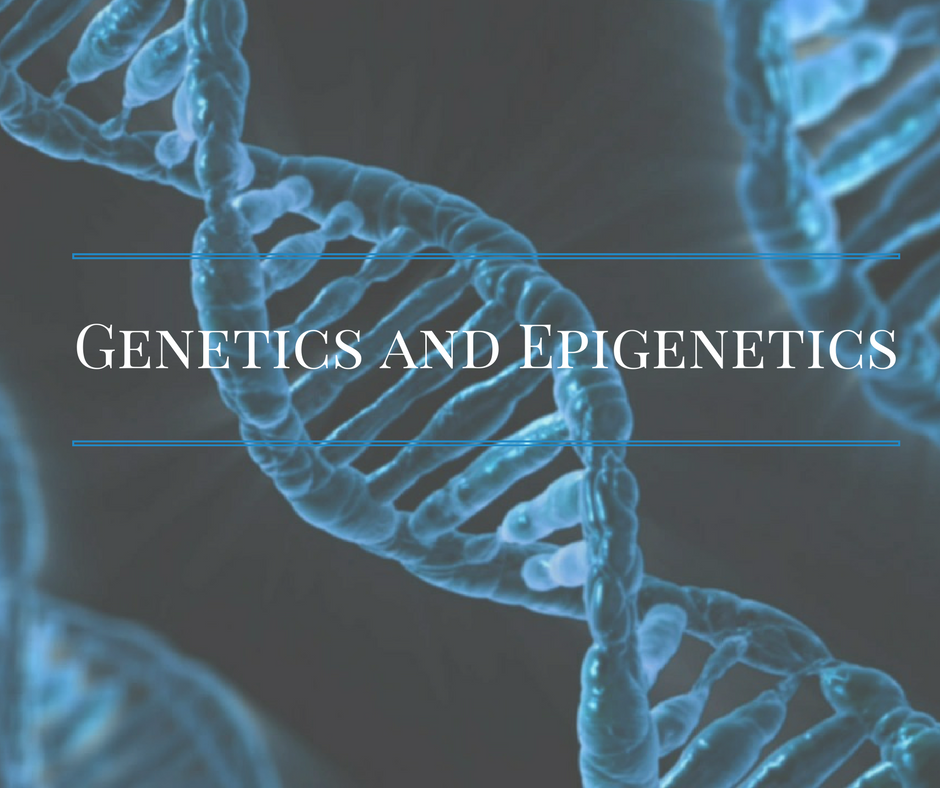Welcome to the first edition of my new series…Biology Basics!
These short tutorials will give you insights into the basic biology of processes fundamental to human health.
Part one – Genetics
You are born with your genes and there is no changing them, at least not yet! You receive half of all your genes from your mother and the other half from your father. Genes are your body’s blueprint, for everything. They are comprised of DNA and collectively referred to as your genome. Genetically, you are more similar to a sibling than a parent and if you happen to have an identical twin then you have identical genomes. All siblings of the same parents are not identical because of a certain amount of gene scrambling and mixing and matching that happens in the eggs and sperm leading to genetic diversity. Your individual set of genes makes your body’s biology unique.
DNA
Every cell of the body, except for the red blood cells, carries a complete genetic blueprint. Let me just restate that in another way to impress upon you how incredible this truly is…every cell, except red blood cells, carries the exact and complete blueprint for being you. Every muscle cell has the same genetic information as your neurons and so on, throughout all the cells of your body. The cells carry this information in the form of DNA (deoxyribonucleic acid). DNA is the code that fundamentally defines who we are.

DNA is organized into genes that are discrete segments of DNA contributing one specific biological characteristic. In humans, genes are packaged into chromosomes. Chromosomes make the genes manageable by separating them out and sorting them by function. Every time a cell replicates it copies the DNA. This DNA replication is one way genetic mutations can be introduced, through errors in copy fidelity. DNA can also be damaged by environmental factors and cellular aging. Cells have DNA repair mechanisms but they sometimes fail, leading to mutations. Mutations that put you at risk for developing diseases can be inherited or be gained over time as a result of the mechanisms explained above.
Up Next
While we are stuck with our inherited genes, how genes are controlled can be influenced by other factors, like lifestyle choices. The control of our genes is called epigenetics and it’s the topic of the next Biology Basics tutorial.
Until next time, stay well!
Dr. Tobi Schmidt

